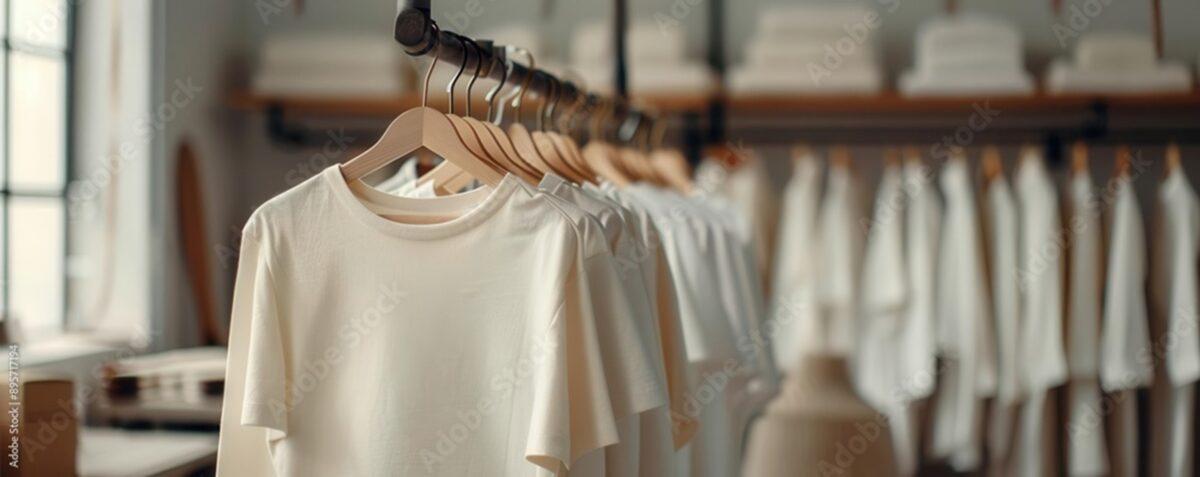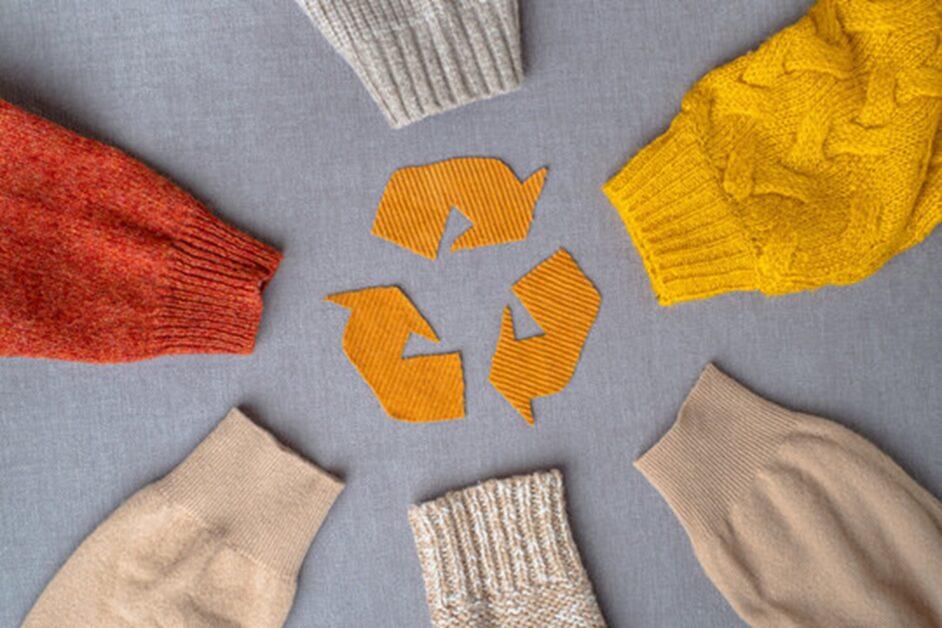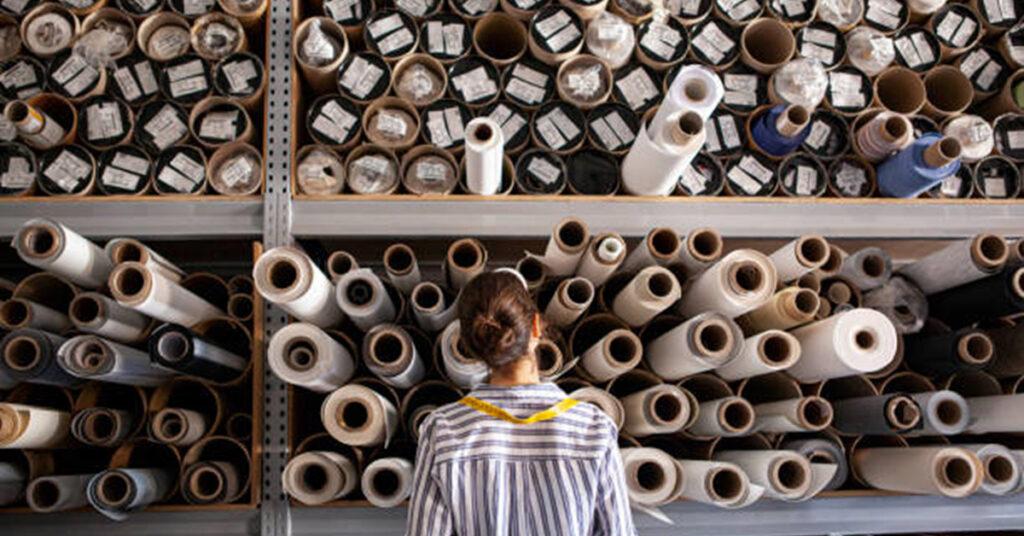As the global fashion industry increasingly prioritizes sustainability, Japan is emerging as a leader, blending traditional craftsmanship with cutting-edge technology. Japanese fashion brands are rethinking how they design, source materials, and engage with consumers. These companies are embracing eco-friendly practices that not only reduce environmental impact but also align with a growing consumer demand for ethical and sustainable fashion. Let’s explore the approaches of several pioneering Japanese brands that are shaping the future of sustainable fashion.
People Tree: Japan’s Fair Trade Fashion Pioneer
Founded in Japan, People Tree is one of the country’s foremost advocates of sustainable fashion. Known for its deep commitment to Fair Trade principles, People Tree collaborates with artisans and farmers in developing countries to ensure ethical working conditions and fair wages. The brand uses organic cotton, handwoven fabrics, and natural dyes to produce clothing that minimizes environmental impact. As one of the first fashion brands in Japan to embrace Fair Trade International certification, People Tree has become a symbol of ethical production.
In addition to its social sustainability, People Tree’s collections are rooted in the slow fashion movement, which encourages consumers to purchase fewer, higher-quality items that last longer. This philosophy directly opposes the fast fashion model, known for its disposable nature and significant environmental footprint. By emphasizing long-term value over short-lived trends, People Tree demonstrates how fashion can be both beautiful and environmentally responsible.
Issey Miyake: High-Tech Solutions for Sustainable Design
Issey Miyake, one of Japan’s most renowned fashion houses, has long been at the forefront of innovation, and its approach to sustainability is no different. The brand’s A-POC (A Piece of Cloth) initiative is a key example of how technology can reduce waste in the fashion industry. Through this process, garments are made from a single thread, minimizing fabric waste during production.
Issey Miyake’s focus on durability is also evident in the Pleats Please collection, which uses high-tech fabrics designed to last for years. These garments are wrinkle-resistant and easy to care for, meaning they require less washing and maintenance, which in turn reduces water and energy consumption. By prioritizing longevity and practicality, Miyake ensures that his designs are both stylish and sustainable.

MUJI: Minimalism Meets Environmental Responsibility
Known for its minimalist designs, MUJI has made significant strides in incorporating sustainability into its fashion lines. The brand uses organic cotton in many of its products and has established a clothing recycling program that encourages customers to return used garments. These items are then repurposed into new products, reducing textile waste and promoting circular fashion.
MUJI’s commitment to sustainability extends beyond clothing. The company also focuses on reducing unnecessary packaging and simplifying its supply chain, minimizing its overall carbon footprint. By promoting a “less is more” philosophy, MUJI encourages consumers to invest in versatile, durable products that can stand the test of time, reducing the impulse to buy disposable fashion.
Studio Nibroll: Creative Upcycling and Zero-Waste Design
Studio Nibroll, a Tokyo-based brand, brings an artistic edge to sustainable fashion through its use of upcycling. The brand transforms discarded fabrics and garments into innovative, avant-garde designs, giving new life to materials that would otherwise go to waste. This approach not only reduces environmental impact but also challenges traditional ideas of fashion by highlighting the beauty of repurposed materials.
In addition to upcycling, Studio Nibroll adheres to zero-waste design principles, ensuring that every piece of fabric is utilized. By pushing the boundaries of sustainable design, the brand emphasizes the creative possibilities of eco-conscious fashion, proving that sustainability and cutting-edge style can go hand in hand.

SIIILON: Reimagining Vintage Clothing for the Modern World
Founded by Tomo Iwakura, SIIILON takes a unique approach to sustainability by reworking vintage clothing into new, modern pieces. This method aligns with the slow fashion movement and reduces the need for new textile production, which is a significant contributor to environmental pollution. By giving old garments a second life, SIIILON encourages consumers to appreciate the craftsmanship and history behind each piece, promoting a more thoughtful and sustainable approach to fashion consumption.
This focus on revamping existing garments also supports a circular economy, where clothes are continually reused rather than discarded. SIIILON’s work demonstrates how sustainability can be integrated into high fashion, blending creativity with environmental responsibility.

A Holistic Approach to Sustainability
Japan’s sustainable fashion movement is marked by a combination of innovation, tradition, and creativity. Brands like People Tree lead the way in ethical production, while Issey Miyake and Studio Nibroll use technology and design to reduce waste. MUJI emphasizes minimalism and durability, and SIIILON highlights the importance of preserving and reimagining existing garments.
As global awareness of the environmental impacts of fashion grows, Japan is poised to play a significant role in driving the industry towards more sustainable practices. These brands offer a blueprint for how fashion can evolve to meet the challenges of the future, combining style with a deep commitment to environmental and social responsibility.

